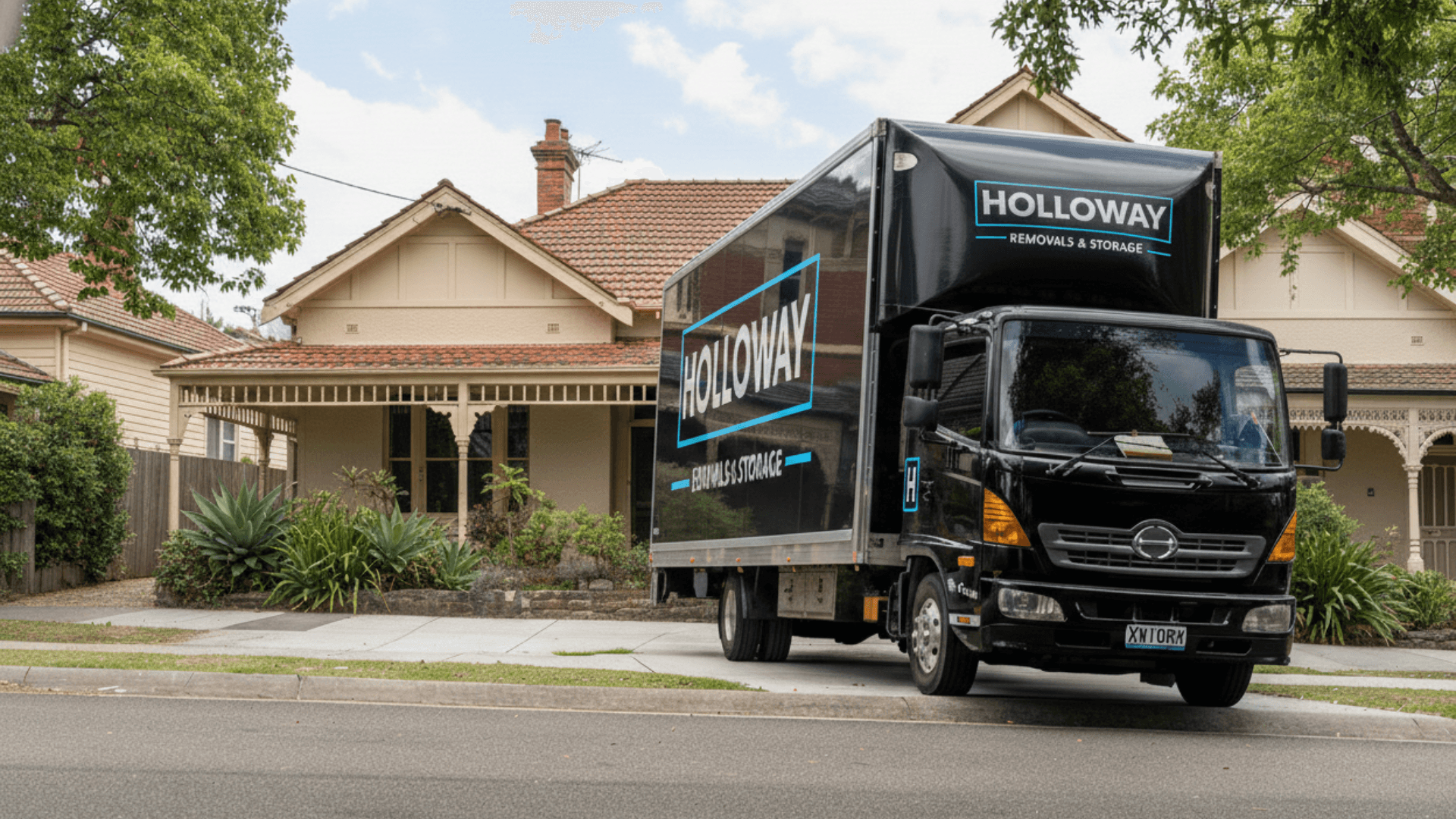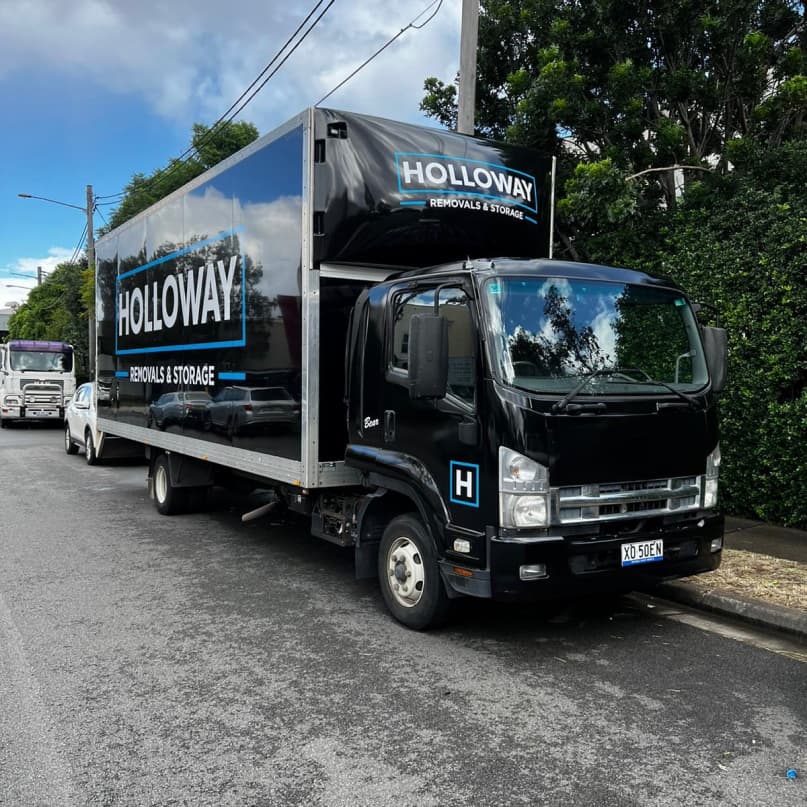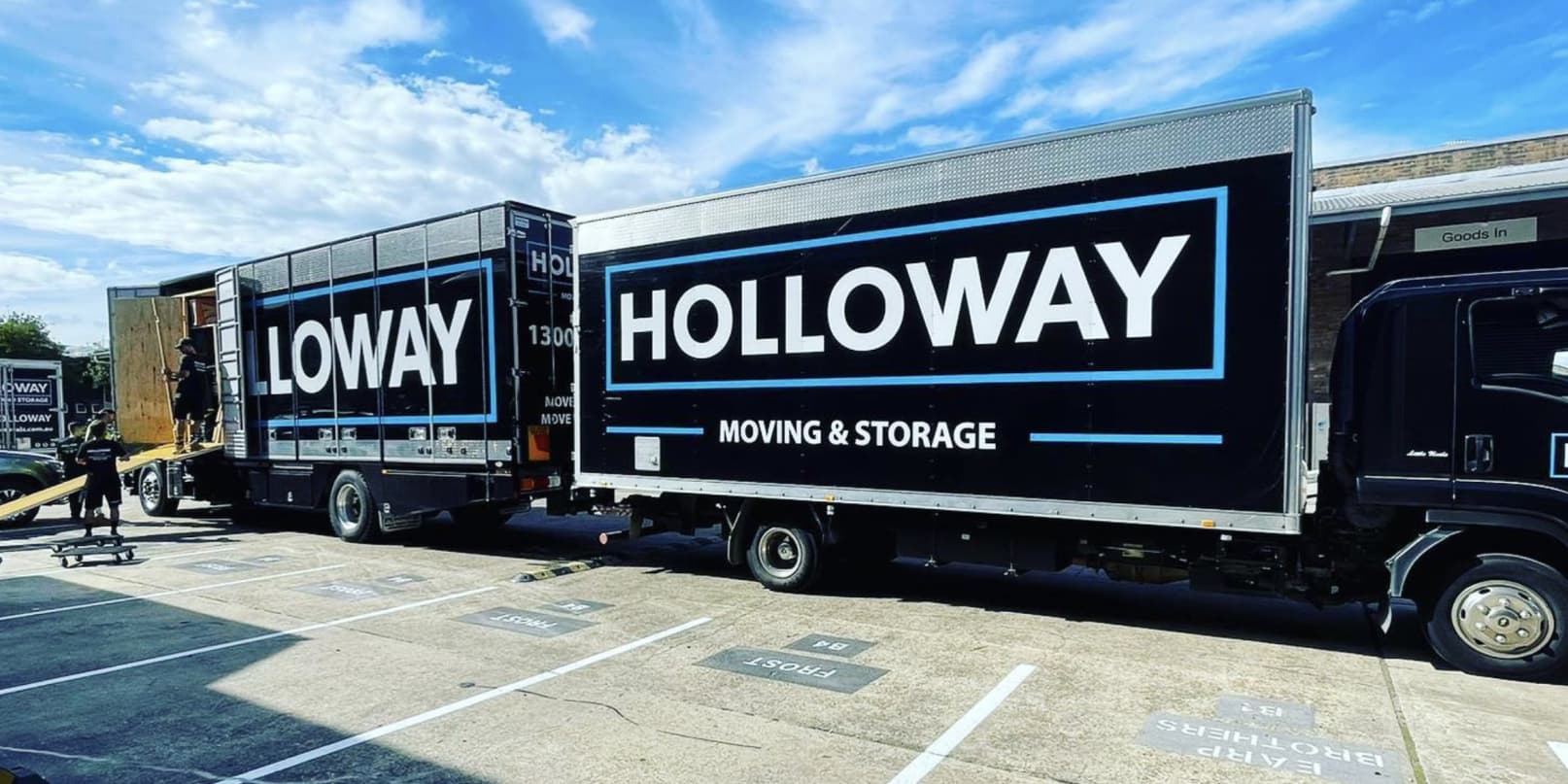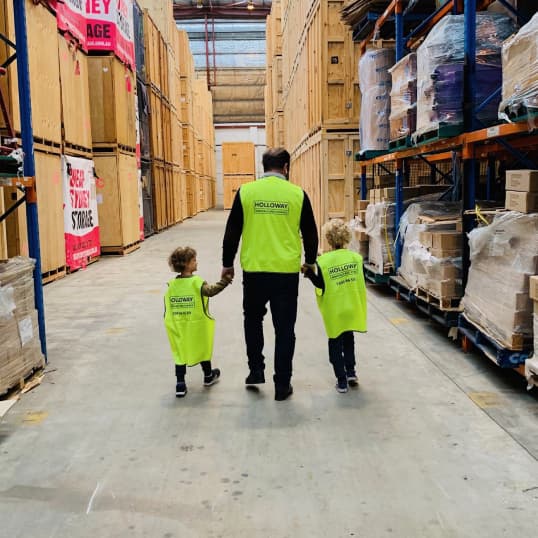
Relocating your business to a new location is a significant undertaking that requires careful planning and preparation. Whether you’re relocating to a larger office space, moving to a new warehouse, expanding to a new market, or consolidating multiple locations, proper preparation is essential for a smooth and successful transition. In this article, we’ll outline practical steps to help you prepare for a business relocation while minimising disruption and ensuring a seamless transition for your company.
1. Start Early and Establish a Timeline
The best way to ensure a smooth relocation is to allow ample time and begin the planning process as early as possible, leaving plenty of time for preparations. Create a detailed timeline outlining key milestones and deadlines leading up to the relocation. When creating your relocation plan, you should identify key tasks such as lease negotiations, office layout planning, and IT infrastructure setup, and allocate sufficient time for each.
Expert tip – have a project management plan to keep track of your relocation schedule and the key tasks you can assign and delegate to other people, as well as any trades and services you may need.
2. Form a Moving Team
Delegate responsibilities by forming a moving committee or team of employees from different departments. Assign specific tasks and roles to relevant individuals, such as coordinating logistics, packing and labelling, and communicating with your removalist and clients.
Expert tip – Have a detailed floor plan of your new premises, so that everyone knows what goes where.
3. Get Quotes
Consider what your fit out infrastructure will be and get quotes accordingly, ensuring that you have taken into account the usage of any current infrastructure you already have, as well as anything additional that you need.
When researching removalists, ensure you are only getting quotes from removalists that are capable of doing the job. It is worth looking at their website, gallery and who they have done work for in the past or projects that are similar to yours in order to get a thorough understanding of their capabilities.
Expert tip – Make sure that your chosen removalist is AFRA (Australia Furniture Removals Association) accredited. This ensures that they are professionally trained. AFRA accredited removalists are also audited to ensure they have all relevant policies and procedures in place. They are also able to offer any additional insurance that you may require, meaning you can rest easy knowing they will do a great job.
4. Create a Budget and Allocate Resources
Once you have received and accepted quotes for the services you require, you can begin allocating resources accordingly. Don’t forget to account for expenses such as lease agreements, moving services, packing supplies, equipment upgrades, and any unforeseen costs.
Expert tip – If your business has relocated in the past, consider the size of your previous relocation compared to your current relocation to determine if the costs align.
5. Choosing a removalist
When choosing a removalist for your business relocation, it is important not to make a decision based solely on price. You should ensure that the removalist you select can work within your requirements. It is important to ensure they are capable of completing your project within your timeframes and to the standard that you require.
A good business removalist will be able to provide you with a dedicated project manager and work with you to ensure that the solution they are providing is suited to your needs. The most important thing for most businesses is reducing down time as this equates to reduced costs. Make sure that the removalist you choose is focussed on getting you back to operating as quickly as possible.
Expert tip – Ask for referees from previous projects that are similar to yours.
6. Communicate Transparently with Employees
Keep employees up to date and be sure to address questions or concerns they may have as well as involving them in decision-making whenever possible. Work to foster a sense of excitement and collaboration to ensure a smooth transition.
Expert tip – Have a checklist so that employees know what is required of them prior to the relocation date
7. Coordinate Logistics and Vendor Services
Work closely with moving companies, vendors, and service providers to coordinate logistics and ensure everything is in place for a smooth transition into your new premises. Maintain a schedule of key dates, arrange for equipment installation and setup and confirm delivery times for supplies and furnishings. Keep detailed records of all agreements and contracts.
Expert tip – Ensure that you keep track of your project management plan to ensure you remain on schedule and rearrange any key tasks that may rely on others being completed first.
8. Develop a Comprehensive Packing and Labelling Strategy
All quality removalist companies will be able to provide you with eco-friendly crates and will be able to advise you on the best way of packing & labelling to ensure that everything is put where you want it at your new premises.
Make sure to provide employees with clear guidelines and instructions for packing their workspaces and personal belongings. Consider also getting a quote for packing and unpacking services to reduce downtime.
Expert tip – Allocate employees with a number as opposed to their name which corresponds to the seating chart on your floor plan as a numerical system will be much easier for the removalists to follow.
9. Test and Update IT Infrastructure
Moving premises is often a good opportunity for you to test and update any necessary IT infrastructure to allow for future growth. Coordinate with your IT team or service provider to transfer data, set up network connections, and install equipment and software. Conduct thorough testing to identify and address any issues before the relocation.
Expert tip – consider asking your removalist if they are able to provide you with disconnection and reconnection services.
10. Coordinate Client and Vendor Notifications
Make sure you notify clients, vendors, and partners of your upcoming relocation well in advance to minimise disruption to business operations. Have memos prepared before they are needed.
Expert tip – Make sure you update stationary, email signatures and your website with your new contact details.
11. Prepare for Day-of-Relocation Logistics
As discussed previously, any decent business relocation specialists will have a dedicated project manager to work with when planning your relocation. However there may be elements that are out of scope. Plan for the day of the relocation by coordinating logistics, assigning tasks to team members, and ensuring all necessary equipment and supplies are on hand. Ensure there is someone to oversee the relocation on the day and address any last-minute issues or concerns.
Expert tip – Have a briefing session with key staff involved in the relocation and your project manager, prior to your relocation so that everybody understands their tasks and what is required on the day.
Summary
If you find yourself struggling to know where to start or get ready for your business relocation, we have the teams and the knowledge to make this a smooth process.














